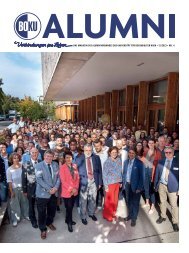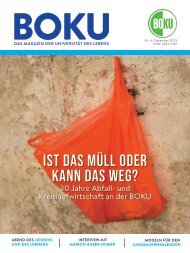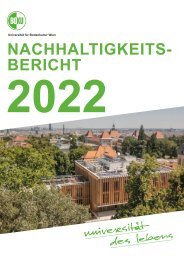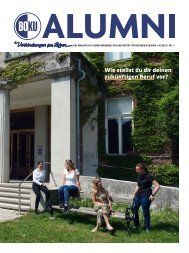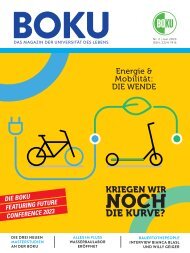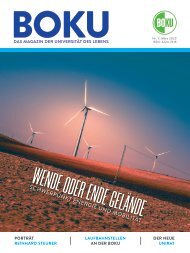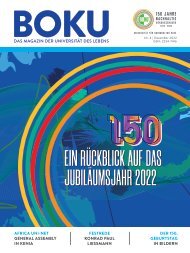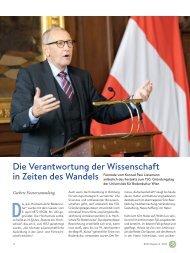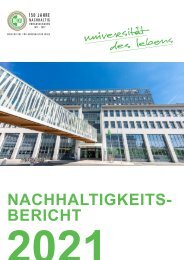EPICUR EDI Fundamentals
Create successful ePaper yourself
Turn your PDF publications into a flip-book with our unique Google optimized e-Paper software.
Another element that we considered important is flexibility; the ability to be easily modified and the willingness<br />
to change or compromise in order to face challenges. According to the European Observatory of Working<br />
Life (EurWork) , “although flexibility is used frequently in the context of the employment and industrial relations,<br />
its meaning is contested”. Flexibility has three dimensions and therefore similar definitions. It refers as<br />
1) the employer’s desire for variable labour inputs or changing tasks in order to increase productivity, 2) the<br />
employees’ desire for variable contractual arrangements in working conditions or working time in order to reconcile<br />
changing private and domestic needs and achieve a better work-life balance and 3) the EU policy that<br />
responses to ‘labour market rigidities”. In <strong>EPICUR</strong>, we accept this multi-dimensional definition as flexibility has<br />
the meaning of offering flexible working conditions (pg working hours, mobile working, schedule etc.) for all<br />
employees (teaching or administrative staff) and especially staff members with disabilities or care givers, in<br />
order to reconcile well their working and family obligations.<br />
Furthermore, <strong>EPICUR</strong> member universities promote flexibility also for students. Working and studying in a decentralized<br />
scheme has been applied already (pg the program of studies, the teaching methods or the pace of<br />
studying is flexible). In the next years, flexibility will be offered for example to students facing mobility problems<br />
or students with disabilities, by offering innovative (short-term or virtual) exchange formats or adapting<br />
the methods of examinations or evaluation.<br />
In this context flexibility also means that every <strong>EPICUR</strong> member is able to follow its own and its networks’ <strong>EDI</strong><br />
strategies and can take the fundamental document and the <strong>EDI</strong> toolkit as resources for further development.<br />
In this way, the <strong>EPICUR</strong> University will be a prosperous working environment for all but also a living organization<br />
that accepts and faces challenges.<br />
4.2. Inclusive governance<br />
Inclusive governance denotes the means by which an organisation steers its collective concerns including everyone<br />
who has stake in its issues. <strong>EPICUR</strong> commits to creating structures and policies across the <strong>EPICUR</strong> Alliance<br />
that make these processes as inclusive as possible.<br />
• Policies and structures which reflect and foster the partner institutions’ diversity in such a manner are:<br />
• Increasing the representation of all relevant stakeholders (e.g. students, staff, etc.) at every level of <strong>EPICUR</strong><br />
decision-making processes and governance<br />
• Ensuring each <strong>EPICUR</strong> partner institution is equipped to prioritise <strong>EDI</strong>, anti-discrimination- and<br />
gender-equality-related issues taking into account diverse factors of background and circumstance<br />
• Supporting the development of inclusive procedures that take into account different cultural and social<br />
backgrounds in <strong>EPICUR</strong> partner organizations<br />
• Enhancing the transparency of decision-making through appropriate and open communication<br />
Page 8<br />
<strong>EDI</strong> FUNDAMENTALS FOR <strong>EPICUR</strong>



